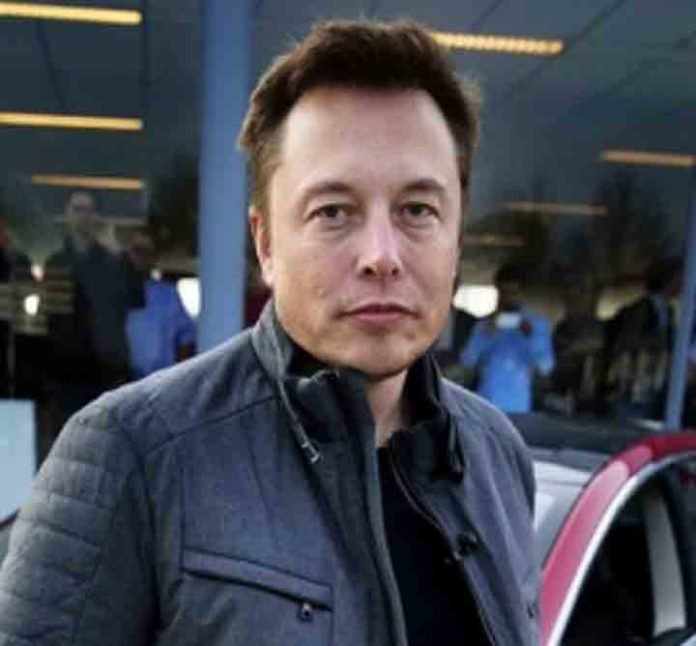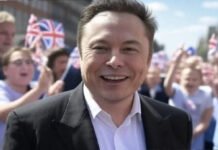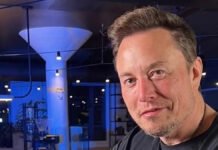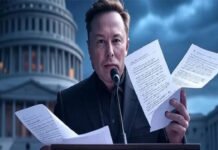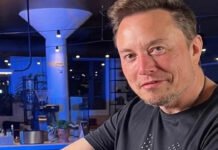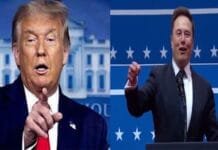Elon Musk, the CEO of Tesla and SpaceX, has made a significant announcement regarding the H-1B visa program in the United States. In a series of social media posts and public statements, Musk has declared that the current system for bringing skilled foreign workers into the U.S. is fundamentally broken and in desperate need of reform. Musk’s remarks have sparked intense discussions surrounding the future of immigration policies, especially the H-1B program, which has long been a critical tool for attracting top talent to the American workforce.
The H-1B Visa: A Vital Tool for U.S. Innovation
The H-1B visa program was designed to allow U.S. companies to hire foreign workers in specialty occupations, particularly in fields such as technology, engineering, and sciences. This visa category has played a pivotal role in shaping the American tech industry, allowing companies to fill skill gaps in highly specialized areas. However, in recent years, the H-1B visa program has become a subject of controversy and debate, with some arguing that it has been misused and that it no longer serves its intended purpose.
Musk’s Criticism: A System in Need of Reform
In his recent statements, Musk criticized the H-1B visa system, describing it as “broken” and requiring “big reforms.” He made these comments after a social media post from a supporter of former President Donald Trump, who argued that the U.S. should become a destination for the world’s most exceptional talent. The user suggested that the H-1B program was not the right mechanism for achieving this goal. Musk, in his response, proposed increasing the minimum salary for H-1B visa holders and introducing annual costs that would make hiring foreign workers more expensive compared to domestic talent.
The Economic and Social Implications of Reforming the H-1B Visa Program
Musk’s call for reforming the H-1B visa program is rooted in concerns about the long-term economic and technological competitiveness of the United States. For years, Silicon Valley and other American tech hubs have depended on a steady influx of foreign talent to stay ahead in innovation. By attracting the best and brightest engineers, scientists, and specialists from around the world, the U.S. has been able to maintain its leadership in various high-tech industries.
However, Musk’s warning about the program also acknowledges a key issue: the potential overreliance on foreign workers could unintentionally stifle the development of domestic talent and contribute to rising wage disparities in certain sectors. His proposal to make foreign workers more expensive to hire, through adjustments in visa costs and salary requirements, may ensure that the U.S. tech industry remains more balanced, fostering greater investment in homegrown talent while still enabling the country to attract skilled labor from abroad.
Vivek Ramaswamy’s Support: Reaffirming the Need for a Talent-Focused Immigration Policy
Vivek Ramaswamy, a prominent Indian-American entrepreneur and political figure, has echoed Musk’s concerns about the H-1B program. In a recent statement, Ramaswamy highlighted that American culture has, over the years, celebrated mediocrity rather than excellence in fields like science, engineering, and mathematics. He pointed out that the U.S. has often prioritized popular culture over academic achievement, which he believes hampers the country’s ability to produce world-class engineers and scientists. Ramaswamy’s perspective aligns with Musk’s vision of revitalizing the H-1B system to ensure that the U.S. attracts and retains only the most exceptional talents from around the world.
Donald Trump’s Stance: A Show of Support for H-1B
In contrast to Musk’s and Ramaswamy’s critiques, former President Donald Trump has consistently expressed support for the H-1B visa program. Trump, who has used H-1B visas in his own businesses, believes that the program is an essential tool for maintaining the U.S.’s competitive edge. During his presidency, Trump introduced several reforms aimed at tightening the eligibility criteria for H-1B visas, although he was often criticized for attempting to limit the flow of foreign workers into the U.S. Despite his past efforts to restrict immigration, Trump remains a staunch advocate for the H-1B visa as a means to secure skilled labor for American companies.
What Are the Current Challenges Facing the H-1B Visa Program?
The H-1B visa program has faced several challenges in recent years, with many critics pointing to systemic issues that need to be addressed. One of the primary concerns is the rising number of visa applications, which often exceeds the annual cap, leading to a lottery system that may not always prioritize the most talented individuals. This has created an atmosphere of uncertainty for both applicants and employers, leading some companies to look for alternative solutions, such as outsourcing or automating certain jobs, to avoid the complex and time-consuming visa application process.
Another issue is the perceived abuse of the program. Critics argue that some companies use the H-1B visa to replace U.S. workers with cheaper foreign labor, potentially undermining wage standards in certain industries. This has led to calls for stricter regulations on H-1B visa issuance, with proponents of reform advocating for policies that prioritize workers with specialized expertise and those who contribute to advancing American innovation.
The Future of the H-1B Visa Program: What’s Next?
As the debate surrounding the H-1B visa program continues to evolve, it’s clear that reform is necessary to address the system’s current challenges. Musk’s proposal to increase the cost of hiring foreign workers may be one potential solution, but it remains to be seen whether policymakers will embrace such reforms. The future of the H-1B visa program will likely depend on the balance struck between ensuring the U.S. remains an attractive destination for global talent while also protecting domestic workers and fostering innovation at home.

